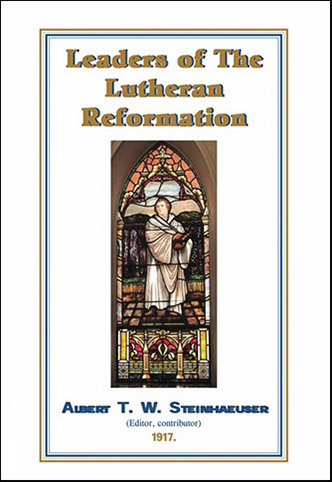Description
Amazon is the world’s biggest book retailer. They rake in some 50% of all consumer spending on books in the U.S., and dominate several foreign markets as well. Pursuant to the 1998 declaration of Amazon’s founder Jeff Bezos to offer “the good, the bad and the ugly,” customers once could buy every book that was in print and was legal to sell.
That changed on March 6, 2017, when Amazon banned more than 100 books with dissenting viewpoints on the Holocaust, after having been pressured by Jewish lobby groups for years to do so. While Amazon ignored those lobby groups in years gone by, things were different in early 2017. At that time, a series of anonymous bomb threats had been made against synagogues and Jewish community centers in the U.S. Although there is no link between iconoclastic historical research and anti-Semitic acts, Israel’s Yad Vashem Holocaust Center took these acts as a pretext in order to urge Amazon to take down history books they don’t like. The mass media were quick to join into this campaign, and Amazon promptly fell for it, wiping its sites clean of our Holocaust research.
A few weeks later, in a surprising turn of events, even the mass media revealed that those ominous bomb threats originated not from deranged neo-Nazis, but from an Israeli-American Jew. Yet still, ever since this Yad-Vashem initiative, Amazon has insisted on deleting any history book from its stores that Jewish lobby groups disapprove of. Anti-Semitic and Nazi literature, however, can still be purchased there. This book reveals how Revisionist publications explaining groundbreaking archival and forensic research results had become so powerfully convincing over the years that the powers that be resorted to what looks like a dirty false-flag operation in order to get these books banned from the biggest book retailer for good. Read it and be amazed and appalled.
And, as TBR readers know, the carrying of holocaust products spurred Amazon to close our print and Kindle accounts, PayPal to cancel that cash transfer option and also was the impetus for cancelling our credit card charging account and the placing of TBR on the credit card black list for no apparent reason other than as a punishment for carrying these books. Though TBR has regained a rudimentary charging ability (after hundreds of hours of dealing with high-risk credit card companies), we know not when the financial forces of the thought censors will strike again. All told, these attacks against TBR and other honest history vendors set us back, nearly—but not quite—running us out of business.
And the real shocker is that Barnes & Noble and Walmart, as just two examples, are still allowed to sell the very books that TBR has been punished for publishing and distributing.
Softcover, 128 pages, #814


